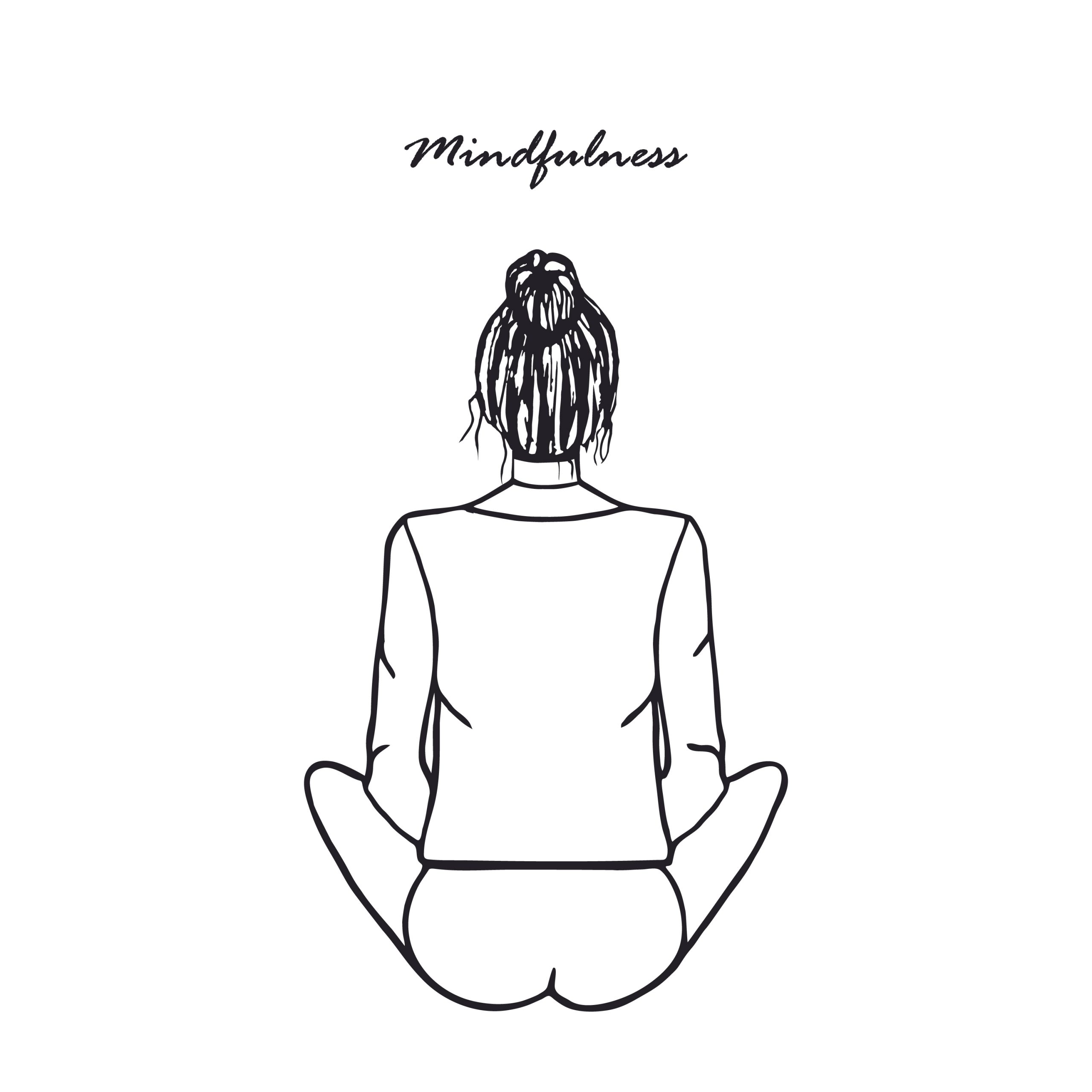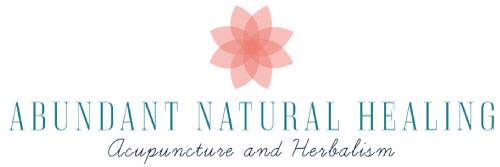
Have you ever participated in a meditation where you were encouraged to “focus on your breath”? Have you ever wondered what that really means? We breathe, we inhale, we exhale, and we repeat. How often do we close our eyes and focus our intentions on that breath, making it longer and expanding our chest further? What’s the point? If we all breathe daily without thought, why would I need to put
thought towards it? All traditional practices of meditation teach that a connection with the breath is the easiest way to drop into your body, calm your mind, and connect to your true nature. In Traditional Chinese Medicine and Taoism, Qi is taught as being the unseen force that energetically affects all things. In the body Qi is the force that moves our blood, that pumps our heart, and that causes us to breathe. With each breath we have the opportunity to expand our lungs and pull Qi from the exterior into the interior. Once in our body, Qi follows a semi-alchemical process of taking food and air and transforming this into energy for the body. In the Traditional Ayurvedic Medicine and Yogic Practices of India, this same force is called Prana. Prana is brought in through the nose and into the lungs to then be transformed into a vital energy source for the whole body. In a traditional yogic practice, pranayama (the control of the breath) is the ultimate goal of the practice. We learn the asanas so that our body posture may be in correct alignment. Only once our bones, muscles, tendons, and ligaments are aligned can we perform true pranayama.
Pranayama is a breathing exercise that begins slowly and builds into a very complex set of breathing exercises that are said to increase one’s vitality in life and connection to spirit. Although the farthest levels of pranayama are reserved for experts in that regard, some basic pranayama exercises can be used to begin connecting one to their breath. In both Ayurveda and Traditional Chinese Medicine, Qi and Prana symbolize a vital substance that is imperative for proper balance in the body. Qi is what makes our organs function, helps us to digest our food, and establishes homeostasis. Breathing is not only fundamental for the health of your lungs, but it also directly relates to the health of your brain, digestive organs, and reproductive organs. The road to balance begins with a deep inhalation and thorough exhalation. When we breathe, we bring oxygen into our lungs that becomes oxygen in our blood. When we have adequate blood oxygen levels, our body functions at a higher level. Our muscles regenerate faster, our thoughts become clearer, and our hormones begin to balance.
This may sound easy but many people have blockages that may make focused breathing and meditation quite difficult for them. People may feel that they are too fidgety to meditate, or perhaps they feel too anxious. Some people may suffer from breathing difficulties that make
focusing on the breath painful and challenging. If you feel that breathing or meditation is difficult for you, herbalism and dietary therapy
may help you. In Traditional Herbalism, we can provide herbs that help to open the bronchiole tubes and release any blockages in the lungs.
At Abundant Natural Healing we believe that nothing should get in the way of you taking a deep breath. Be it anxiety, restlessness, or blockages. Book an appointment today and learn how you can take charge of your breath, your health, and your emotions and create harmony
within.
